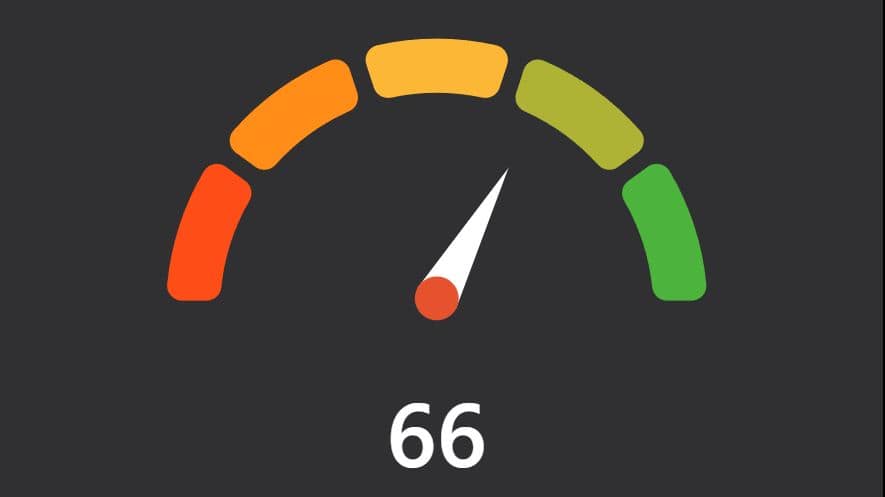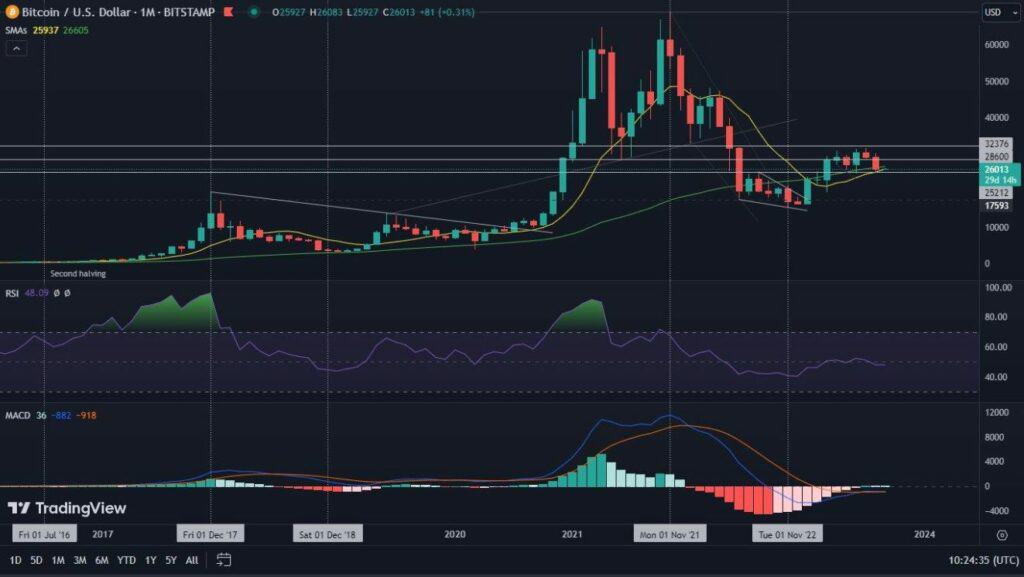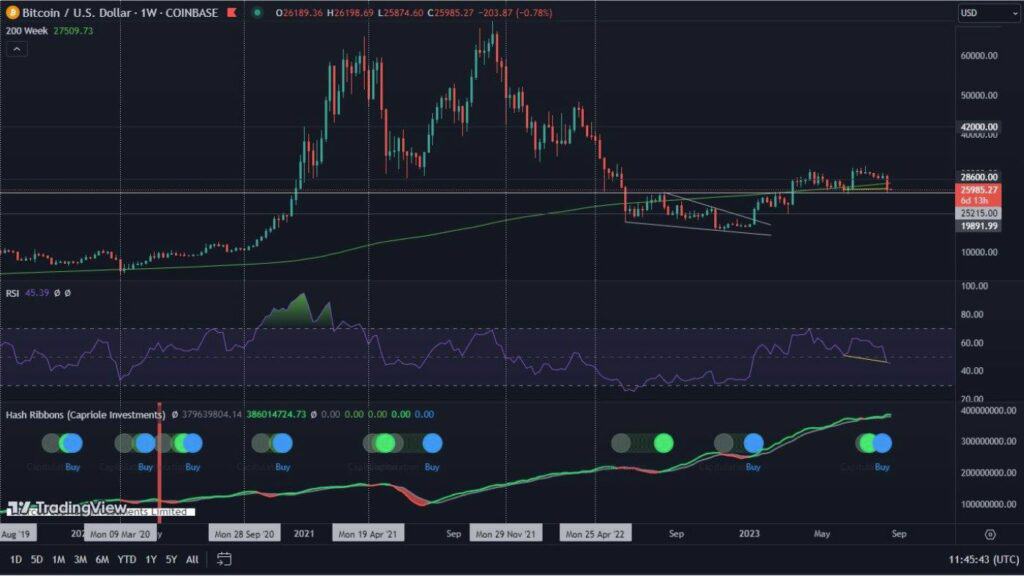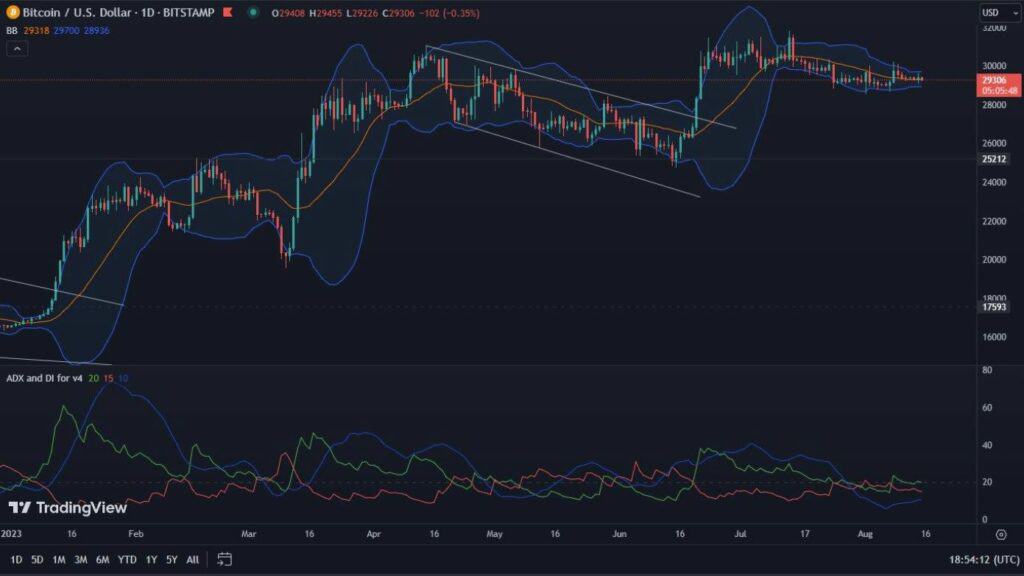The Central Bank of the United Arab Emirates has announced harsh penalties for those who attempt to operate in the field of virtual assets without the required license. The decision marks a key step in the UAE’s efforts to kick illegal players out of the financial circle.
Cryptocurrencies – yes, money laundering – no!
Irina Heaver, a prominent lawyer representing the UAE, explained that the new guidelines are part of an extensive plan by the Emirati Central Bank to push the country out of the “gray list” tied to potential money laundering.
The latest guidelines, published by the Central Bank of the United Arab Emirates (CBUAE) in cooperation with other regulators, set clear sanctions for Virtual Asset Service Providers (VASPs) that operate in the country without proper authorization.
The National Anti-Money Laundering and Combating the Financing of Terrorism and the Financing of Illicit Organizations Committee (NAMLCFTC) and CBUAE, on November 6, published a list of “red flags” for VASPs. It includes any manifestation of the lack of proper licenses, dream promises, communication lapses and other signs that could indicate potential threats.
Strict approach to illegal activities
Under the new directives, regulators expect all licensed financial institutions, companies and non-financial entities, as well as licensed VASPs, to report any suspicious transactions. As the advisory emphasizes:
“Any incidents of illegal activity of virtual assets can be reported through whistleblower mechanisms, thus supporting regulators in their efforts to uphold the rule of law and protect the UAE financial system.”
In the new regulations, the central bank also noted that VASPs that operate in the UAE without the necessary license will be subject to “both criminal and financial measures, including sanctions against the company, its owners and management.” In addition, it was noted that financial institutions, companies and licensed VASPs that cooperate with illegal VASPs will also face reprisals from law enforcement agencies.
Cryptocurrencies part of a transparent system
In a press statement, CBUAE Governor and NAMLCFTC Chairman Khaled Mohamed Balama acknowledged that the new guidelines come at a time when digital assets are becoming more common. The CBUAE director stressed that with the development of the digital economy, the fight against all kinds of financial fraud is intensifying. Balama assured that this initiative supports the integrity of the UAE’s financial system.
Commenting on the update, UAE lawyer Irina Heaver once again stressed that the new guidelines are part of a broader effort by the UAE to remove it from the FATF’s “gray list.” It reflects the country’s commitment to address gaps in its anti-money laundering (AML) and counter-terrorist financing (CTF) mechanisms, according to a set timeframe.



























